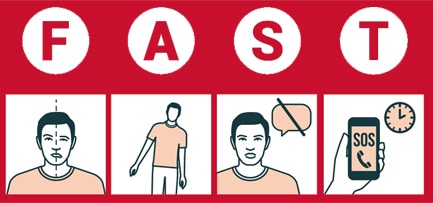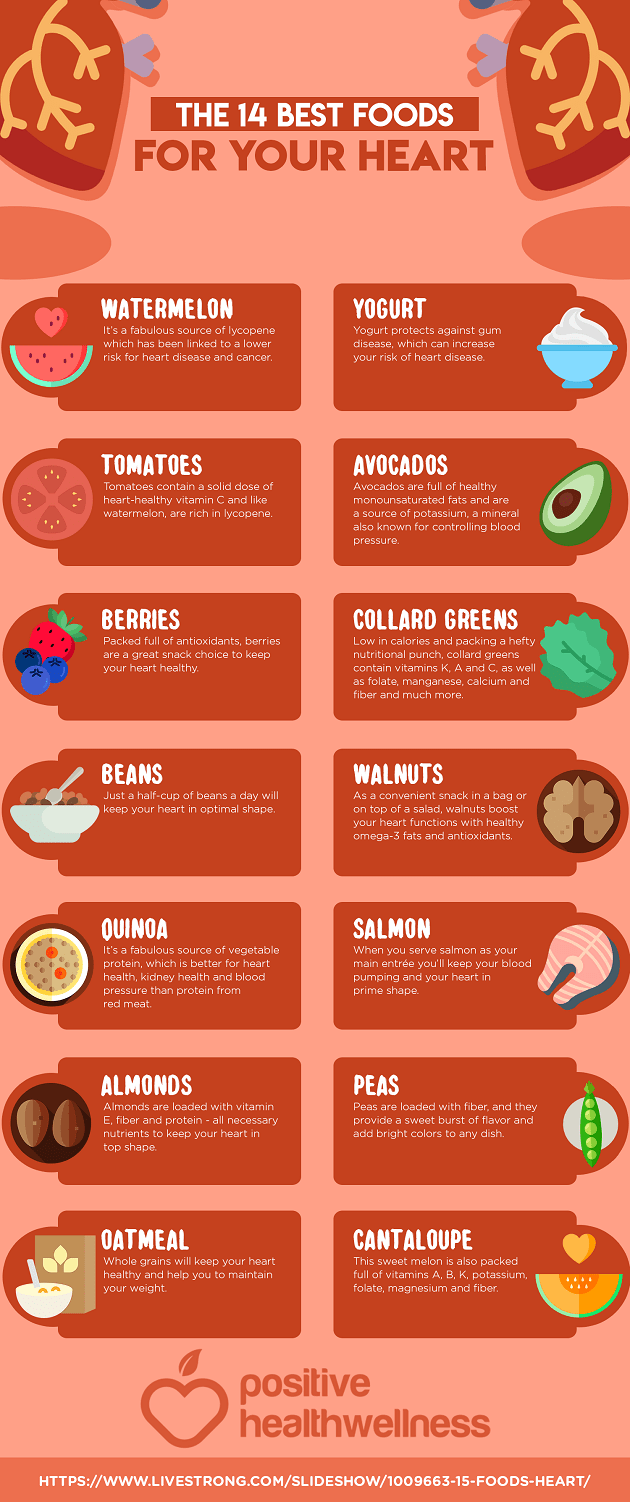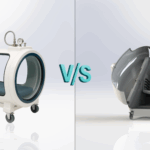Heart disease has effected almost every family globally, being it heart attack, stroke, high blood pressure, etc. According to the Heart & Stroke Foundation South Africa, 80% of heart disease and strokes can be prevented. About 225 South Africans die daily, due to heart disease related complications. It is important for each and every one of us to do our part, no matter what our age, gender, race or family history.
Risk factors that may cause heart disease include but are not limited to:
- Stress
- Smoking
- Pollution
- Alcohol use
- Nutrition
- Physical activity
- Body weight
- Diabetes
- Cholesterol
- High blood pressure
The best way of preventing heart disease and most other diseases that come with age is to live a healthy, balanced lifestyle. Eating a well balanced diet is important. High fibre diets are especially helpful to fight heart disease. Daily exercise is super important as it helps improve your blood circulation, which carries oxygen to your body’s extremities. Reducing stress in your life is also very important. This might seem impossible in the world we live in today, but with a few tweaks in your daily life you can definitely reduce it. First you have to narrow down what it is that is stressing you out. Then you have to either exclude it from your life (like the News / political hatred) and replace it with something you enjoy like comedy series or Facebook cat videos. If your job is stressing you out you should ask yourself the question; “Is this really what I want?”. If the answer is “Yes” then join a relaxing yoga class or learn how to play a musical instrument. If “No”, make yourself a cup of Java and set off on a job search journey online. There are a multitude of negative side effects to stress, reduce it a.s.a.p.
Ozone therapy can also help reduce stress, fight heart disease, lower blood pressure and reduce cholesterol. Ozone improves blood circulation, neutralise toxins and impurities in the blood, helps clean plaque from arteries and helps strengthen arterial walls. Ozone can also break up cholesterol and increase oxygen levels in the blood. Each ozone therapy session only takes about 30 minutes to complete and can be enjoyed at a spa/ clinic in your area or in the comfort of your own home. For more information on ozone therapy and its benefits visit our ozone therapy information page or contact us via phone +27 (0)72 422 1967 or email [email protected]
But let’s face it, sometimes you are just destined for a specific disease no matter how “healthy” you may be. That is why it is important to go for a yearly checkup at your GP. The Doctor will usually check your blood pressure, ears and throat. But you should also request a annual blood test. Things to test for are cholesterol, blood sugar levels and a complete blood count (CBC). Loads of diseases don’t have signs and symptoms in the beginning, but only appear when it is too late. Prevention is easier than cure.
For those already suffering from heart disease, it is important to to educate yourself on what it is your body needs. Adjusting your diet and exercise routine is a must, and is best when correlated with your GP or dietician. It is also important to know the signs and symptoms of a heart attack in the event of a worst case scenario. You should also convey this information and emergency contacts numbers to your loved ones and/or colleagues.
According to the Heart & Stroke Foundation South Africa, the signs of a heart attack are as follow:
- An overwhelming sense of anxiety
- Feeling light headed or dizzy
- Shortness of breath
- Abdominal pain, feeling sick or vomiting
- The pain can spread to your shoulders, neck, arms or jaw
- Sweating
- Chest pain that could feel like pressure, tightness, discomfort or squeezing
For those suffering from high levels of stress and anxiety; it is important to note that a “panic attack” can feel very similar to a heart attack. This should not prevent you from seeking medical attention. With high pressure jobs, people are prone to ignore these symptoms. Don’t be foolish, when you experience any of the above symptoms please call for help. This might be the one time it’s not “just a panic attack” but the real deal.
According to the Heart & Stroke Foundation South Africa, the signs of a stroke are as follow:
- The most common sign of a stroke is when you experience a sudden numbness in your face, arm or leg (most often on one side of your body)
- Sudden loss of speech, difficulty speaking or understanding speech
- Sudden confusion
- Sudden loss of vision
- Sudden, severe and unusual headache
- Sudden dizziness, loss of balance and trouble with walking
Here is what the Heart & Stroke Foundation South Africa suggest one does when someone is expected of experiencing a stroke – Act …. F-A-S-T!

- Face – Ask the person to smile or show you their teeth. If the face droops on one side or if the face doesn’t move on one side that might be sign #1.
- Arms – Ask the person to lift both their arms and to keep them up. If one arm doesn’t move or if it drifts downward that might be sign #2.
- Speech – Ask the person to repeat a short sentence (e.g. “It’s a sunny day in Gauteng”). The person should be able to repeat it correctly and without slurring, otherwise that might be sign #3.
- Time – Make a note of the time when the symptoms started and CALL FOR HELP IMMEDIATELY.
If you notice one or more of the above symptoms you should seek emergency medial care immediately. For people suffering from a stroke the first few hours are the most important. The longer you take to seek medical attention the more time is lost in brain functions, which could lead to permanent damage or even loss of life. The faster your get the affected individual to a hospital the better their chance of survival and recovery will be.
Safe a live by calling – 112 (if calling from a cellphone) OR 10177 (if calling from a landline)
Below is a fun and helpful infographic with a list of the 14 best foods for your heart. Heart disease or not, I think we can all add one or more of these foods to our daily diet. Enjoy!


![[Infographic] Keeping your heart healthy](https://salvagente.co.za/wp-content/uploads/2019/08/infographic_keeping_your_heart_healthy_salvagente_ozone_sauna_therapy_health_wellness_feature.png)





2 comments
Join the conversationAnisa Cumberbatch - May 21, 2021
In which way would this type of treatment help a person who has a very weak heart function functioning at only 20percent , unable to rid the body of fluids .the lungs are already compromised .
Is there a possibility that ozone therapy can in anyway help to improve this situation ?
Admin - May 24, 2021
Thank you for your comment Anisa, our team will be reaching out to you shortly via email to help.
Regards,
The Salvagente Team